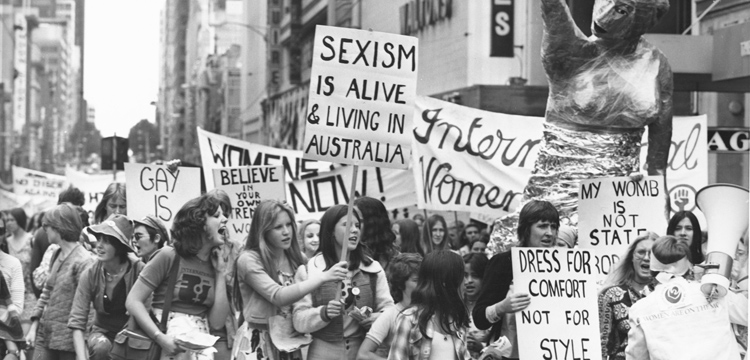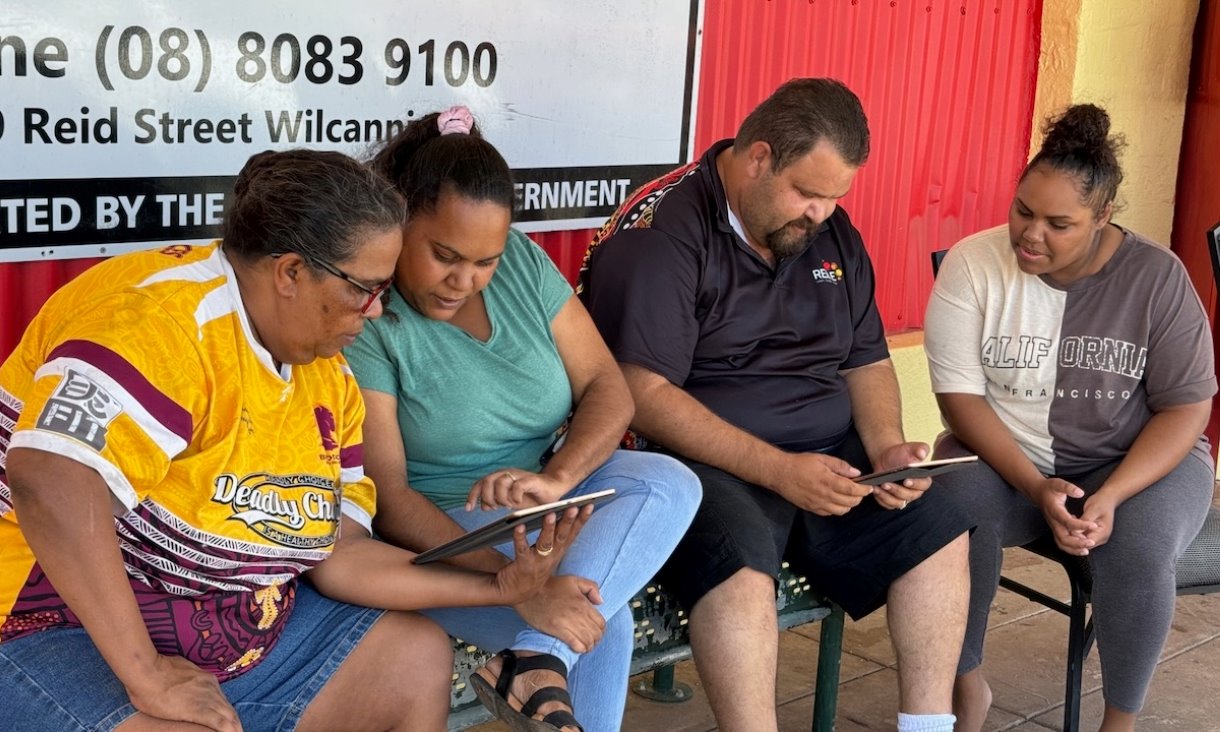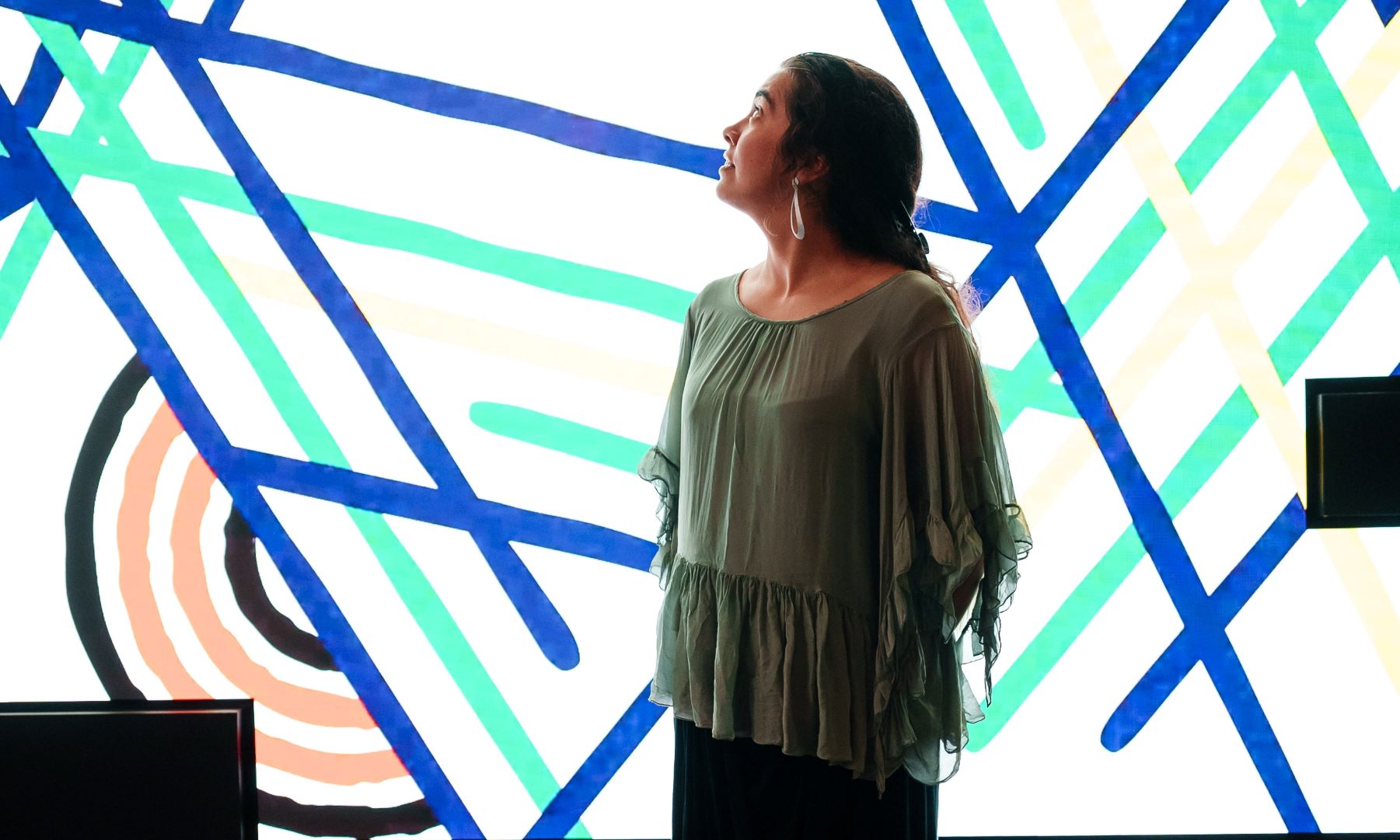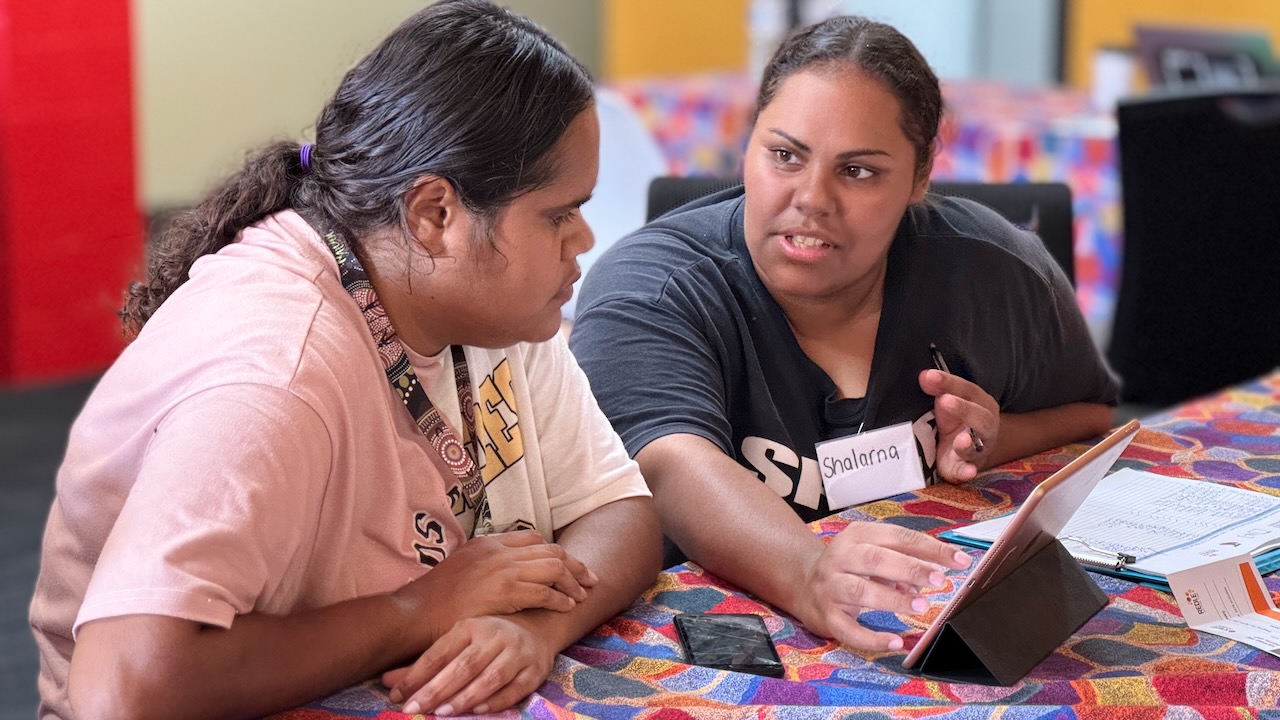From co-founding the Women’s Electoral Lobby in the 70s, to working as a journalist at The Age, Mathews has spent her career helping shape the course of women’s lives at work.
Celebrating the launch of her new book, Winning for Women: A Personal Story, she spoke to Professor Pauline Stanton, the head of RMIT’s School of Management and expert in industrial relations and work-family issues.
Stanton: Your book Winning for Women: A Personal Story, was launched recently at RMIT. What is it about?
Mathews: It’s about the heady days of the women’s movement in the 1970s to 1990s. I was heavily involved as one of the founders of the Women’s Electoral Lobby and as a journalist at The Age.
Later I contributed as a leading advocate for women workers at the Australian Council of Trade Unions (ACTU) during the Hawke-Keating government.
Stanton: What are some of the reforms you write about in your book?
Mathews: I talk about reform in areas like affirmative action, equal pay, superannuation, childcare, parental leave and work-family issues and describe the day-to-day groundwork required to bring about that change.
Stanton: Why is this history still important today?
Mathews: It’s important to know the stories behind major changes for women. The book is not just about the past. We’ve come a long way but there are still battles to be fought for women at work.
At the end of the book I write about where we are today on issues like equal pay and work-family issues, plus suggestions for further reform.
Stanton: Are these issues that should be part of the conversation this federal election?
Mathews: Yes. Only Labor has put forward policies to address the gender pay gap, raise the wages of childcare workers and other undervalued female occupations, give extra money to parents for childcare and pay superannuation to women on parental leave. My book explains the background to these policies.
Winning for Women: A Personal Story is published by Monash Univeristy Press.


.jpg)

